Treatment of Snoring and Sleep Apnea in Children
Nightmares, bedwetting, and psycho-emotional disturbances are just some of the problems that can affect a child with obstructive sleep apnea syndrome (OSAS). This condition is characterized by repeated pauses in breathing during sleep, resulting in low blood oxygen levels, which can cause significant damage to the body.

specialists

equipment

treatment
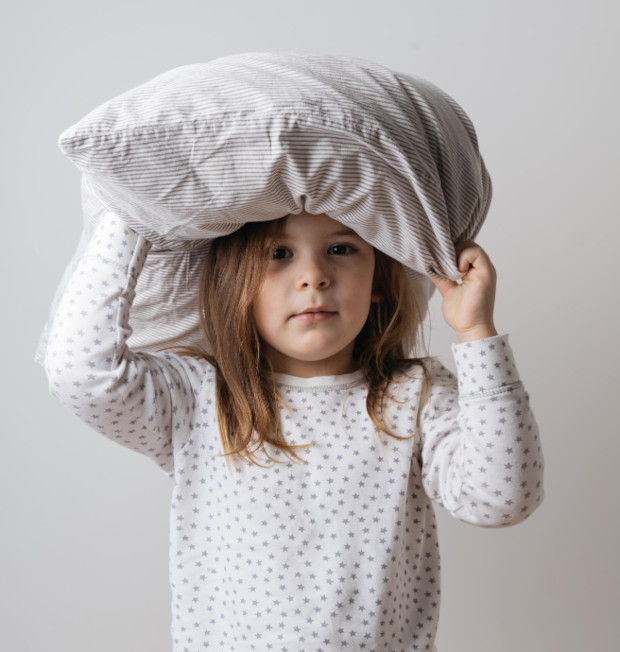
Causes of sleep apnea and snoring in children
Apnea and snoring in children occur for many reasons, for example, due to:
- enlarged adenoids - the most common problem, when lymphoid tissue grows and blocks the airway
- oversized tonsils - sometimes they begin to interfere with free breathing
- growths in the pharynx - for example, the laryngeal tubes can also be thickened and narrow the space for inhalation and exhalation
- elongated uvula - it can sometimes become greatly enlarged and create an obstruction to airflow
- excess weight - excess fat presses on the throat from the inside, making the lumen smaller and causing snoring
- cranial features - malformed facial bones lead to narrowing of the airways
- brain diseases - some pathologies, such as childhood cerebral Paralysis or Down syndrome impair respiratory muscle control. Genetics - a number of rare conditions, such as mucopolysaccharidosis, alter the structure of tissues and organs, making breathing difficult. Nerve problems - disruptions in respiratory control can also lead to respiratory arrest.
At the first suspicion of sleep apnea in a child, for example, if they snore, it is necessary to take the child to a doctor.
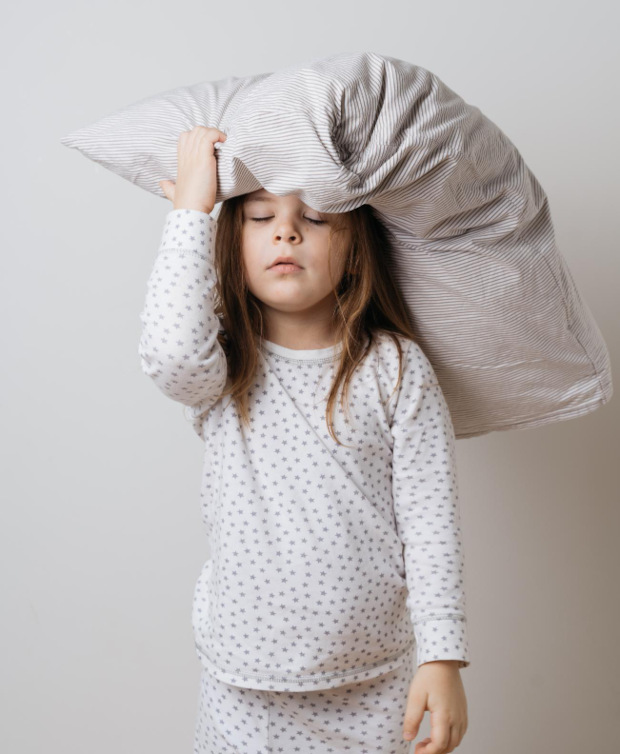
Symptoms of sleep apnea
OSA is characterized by two types of manifestations: symptoms that occur at night and daytime manifestations. Parents may notice the following nocturnal signs of sleep apnea:
- Snoring – a loud and constant sound accompanied by difficulty breathing
- Breathing problems – a feeling that the child is having difficulty breathing while sleeping, with frequent sighs and holding their breath. The child may seem to stop breathing altogether, sometimes even completely stopping breathing for several seconds.
- Constant mouth breathing - many children are forced to keep their mouth open most of the night because their nose is blocked or not allowing enough air to pass through.
- Excessive sweating - waking up in the morning to find wet clothes and bedding, even though the room is cool.
- Urinary incontinence - urination at night, especially if it occurs repeatedly, although age suggests this is not a problem.
Daytime symptoms appear later and are associated with disruption of normal rest during sleep. These include:
- Distractibility and absentmindedness – the child has difficulty concentrating on schoolwork, games, or daily activities.
- Memory impairment and academic decline – poor concentration negatively impacts academic performance and overall learning.
- Behavioral changes – children with apnea tend to become overactive, irritable, short-tempered, and aggressive.
- Drowsiness and low activity – children and adolescents experience a strong need to rest during the day, feeling tired and weak.
During deep sleep, a child's pharyngeal muscles gradually relax, becoming softer and more flexible. This effect is especially pronounced in the presence of congenital defects or inflammatory processes, causing sagging of the soft tissues and temporary closure of the airway. A lack of oxygen supply causes acute oxygen starvation, forcing the brain to urgently mobilize the body's energy.
With obstructive sleep apnea syndrome in children, a stress response is triggered, activating the nervous system. The brain receives alarm signals and partially awakens from deep sleep, restoring tone to the pharyngeal muscles and restoring airway patency. The child reflexively takes deep breaths, replenishing the oxygen deficit. Typically, such episodes occur automatically, without leading to full awakening.
General information about the procedure
Our doctors

This award is given to clinics with the highest ratings according to user ratings, a large number of requests from this site, and in the absence of critical violations.

This award is given to clinics with the highest ratings according to user ratings. It means that the place is known, loved, and definitely worth visiting.

The ProDoctors portal collected 500 thousand reviews, compiled a rating of doctors based on them and awarded the best. We are proud that our doctors are among those awarded.
Make an appointment at a convenient time on the nearest date
Price

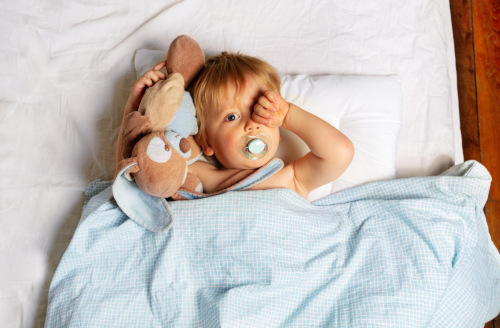
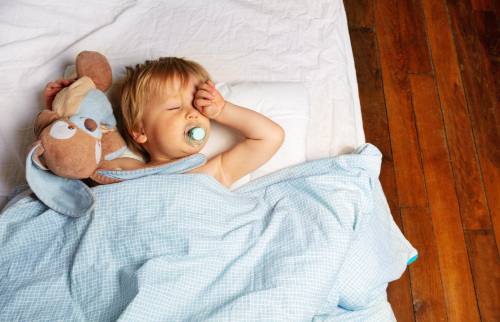
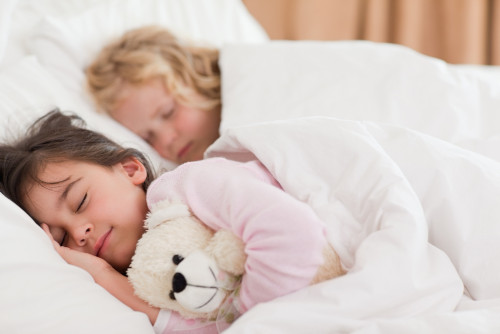
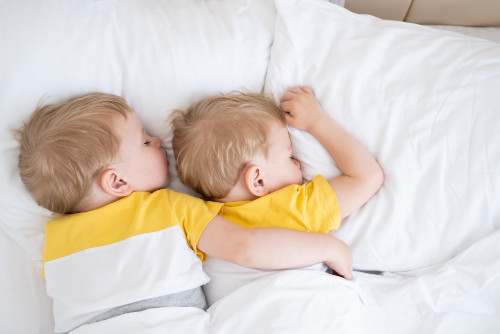
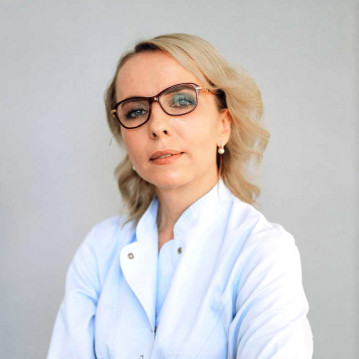
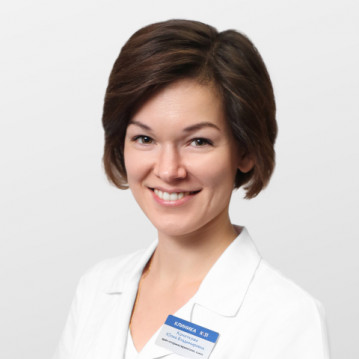
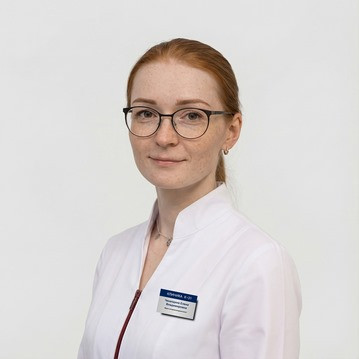






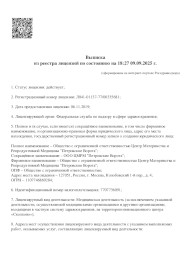
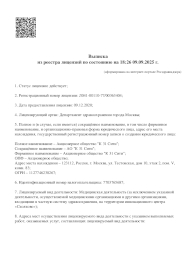
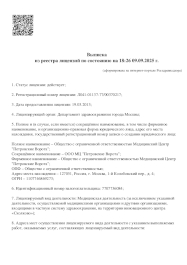
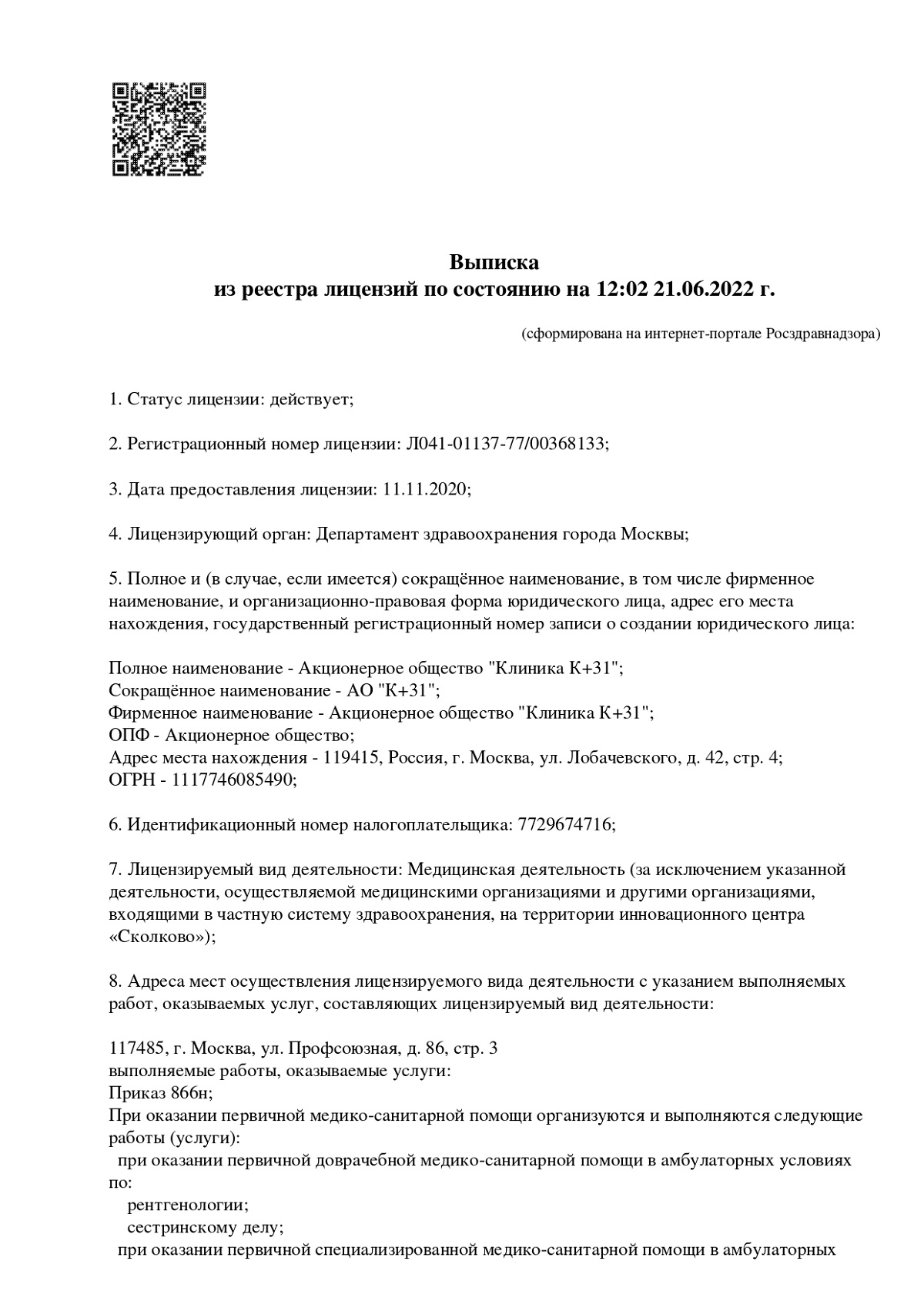
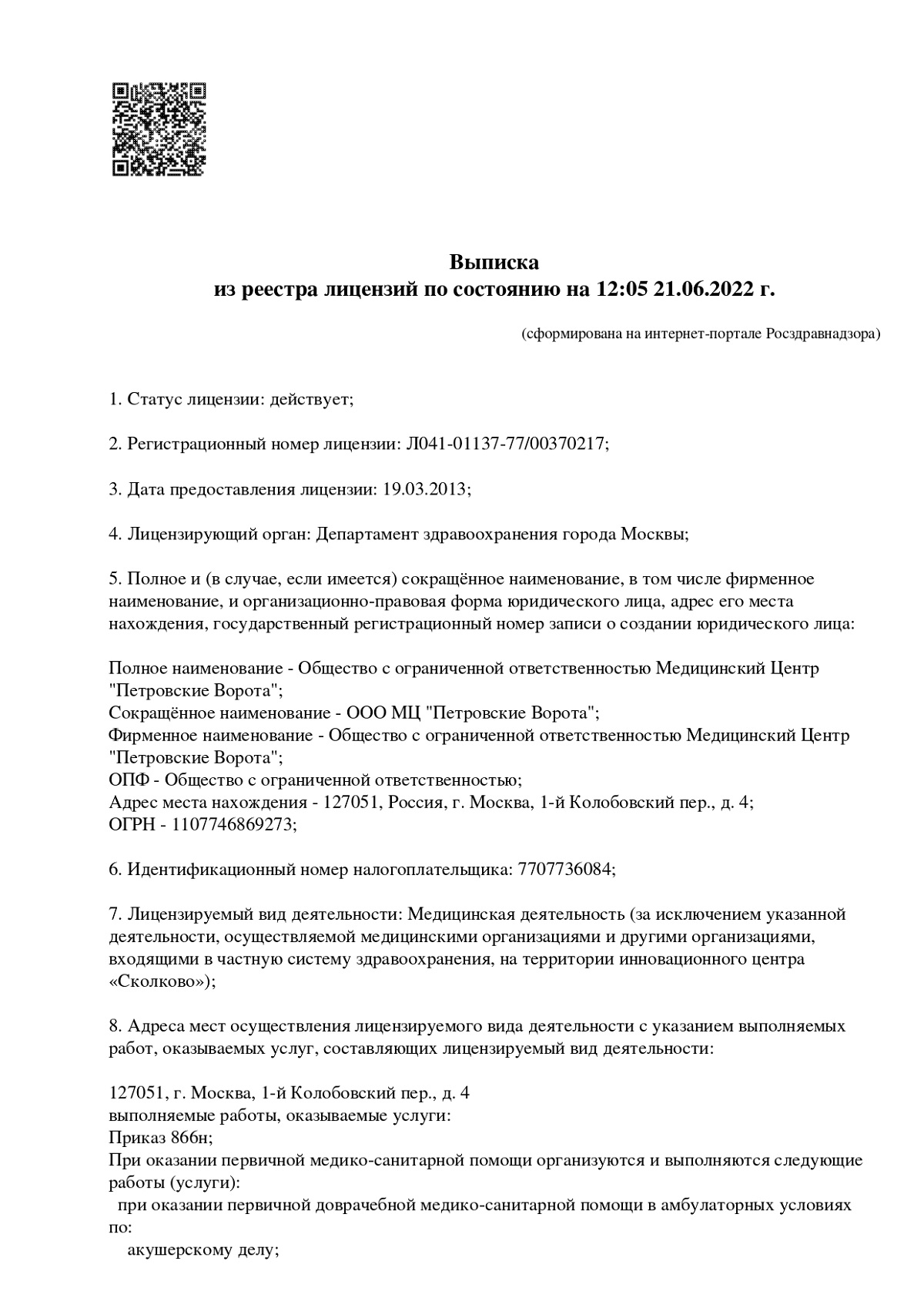
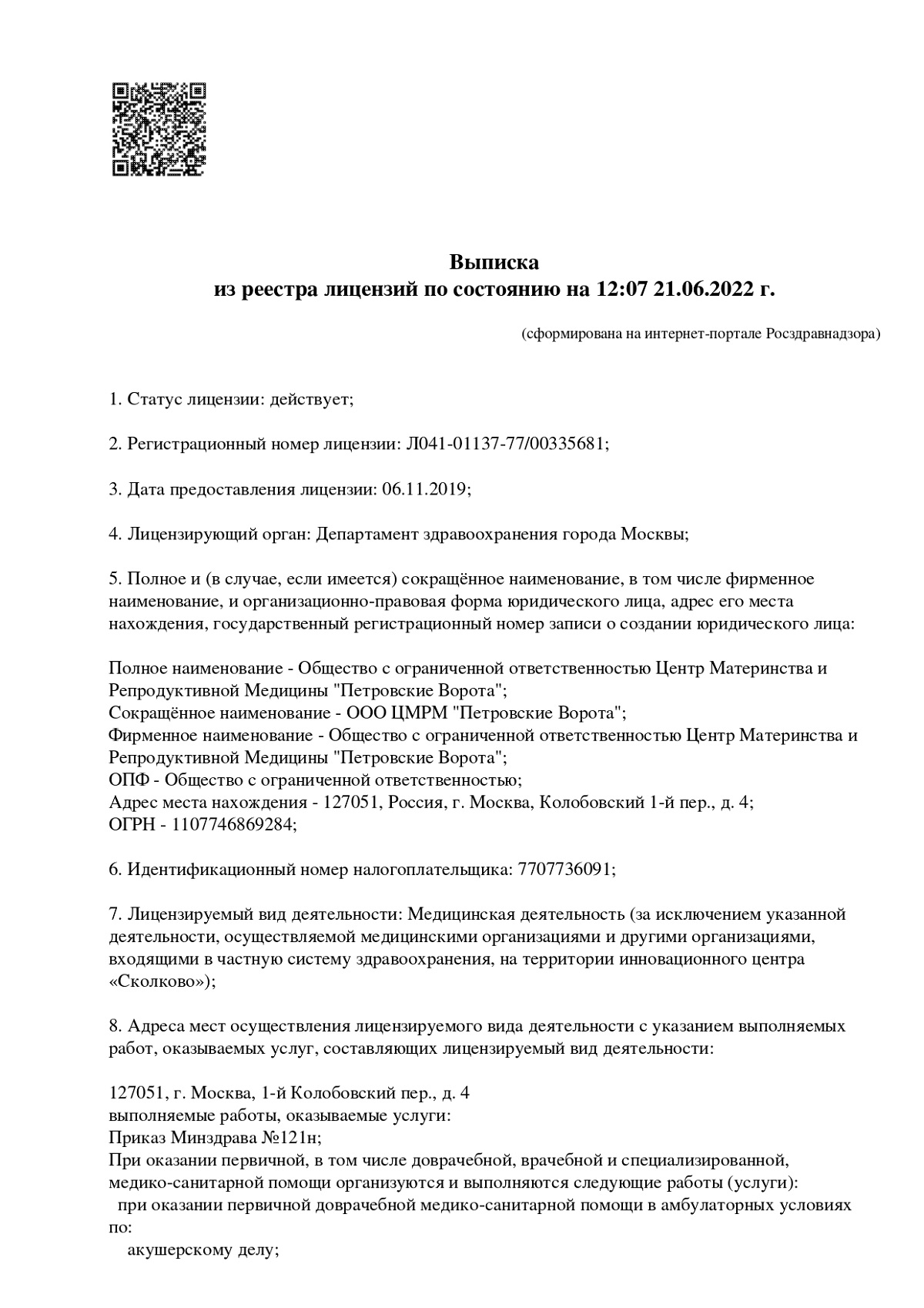
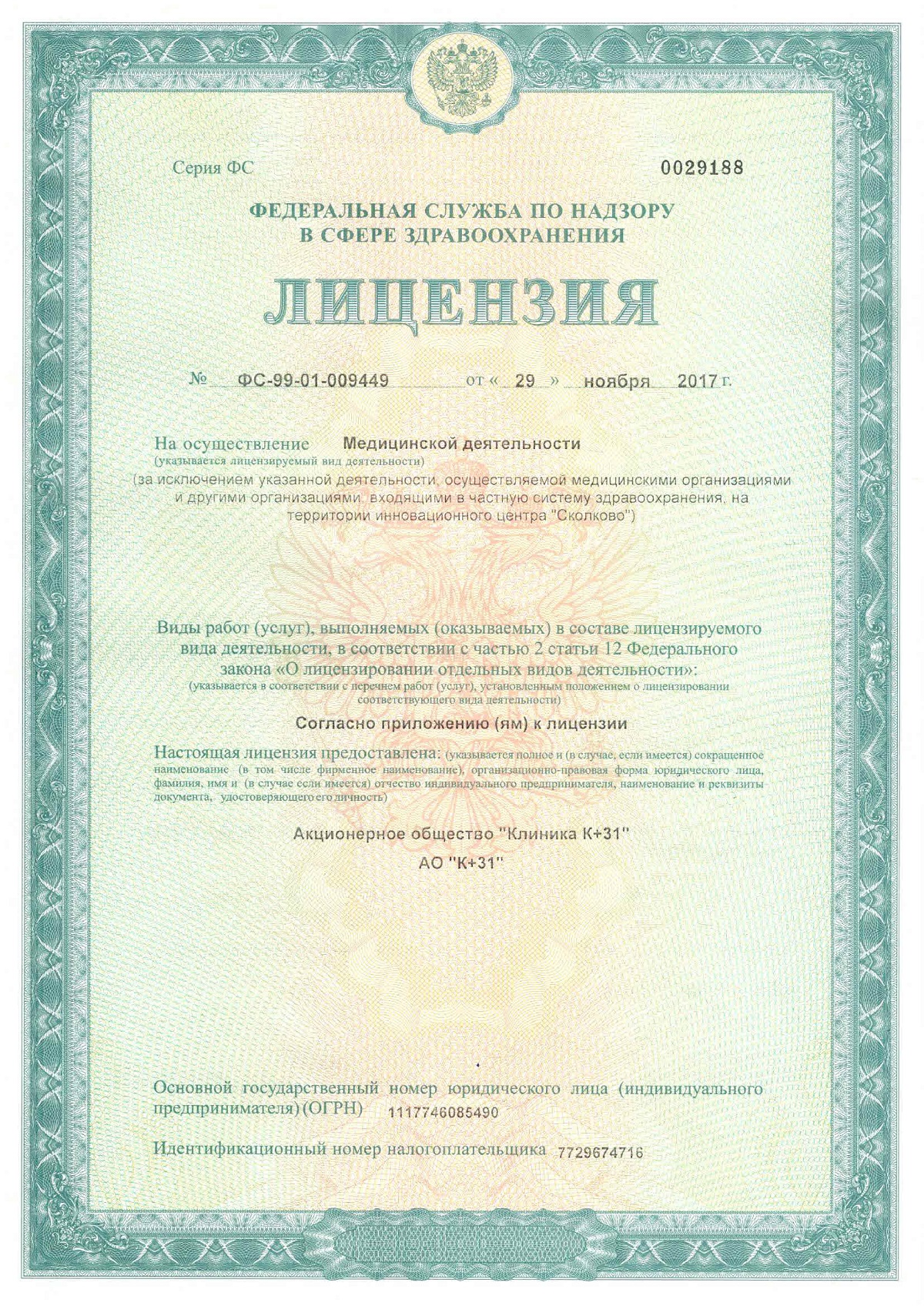
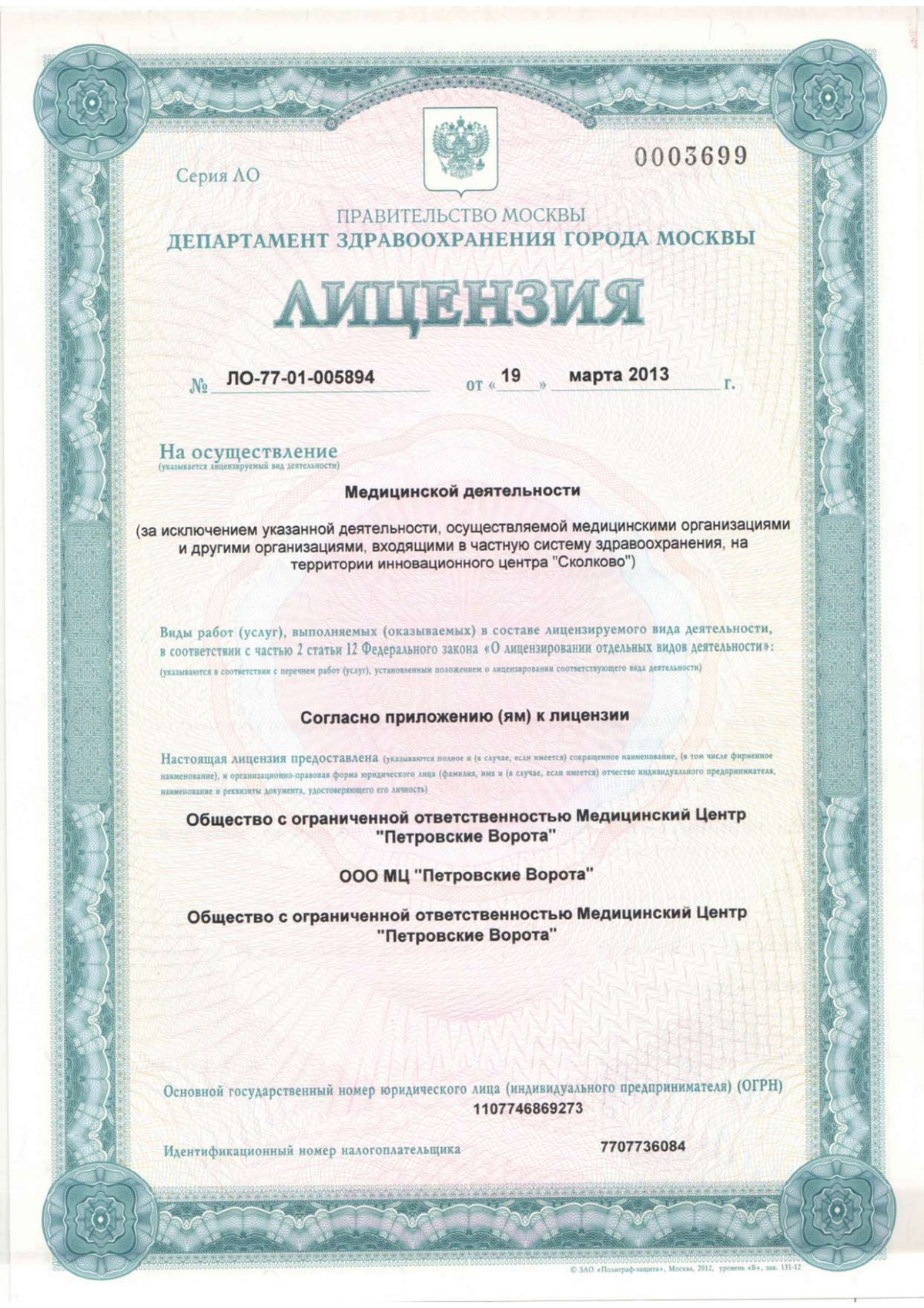
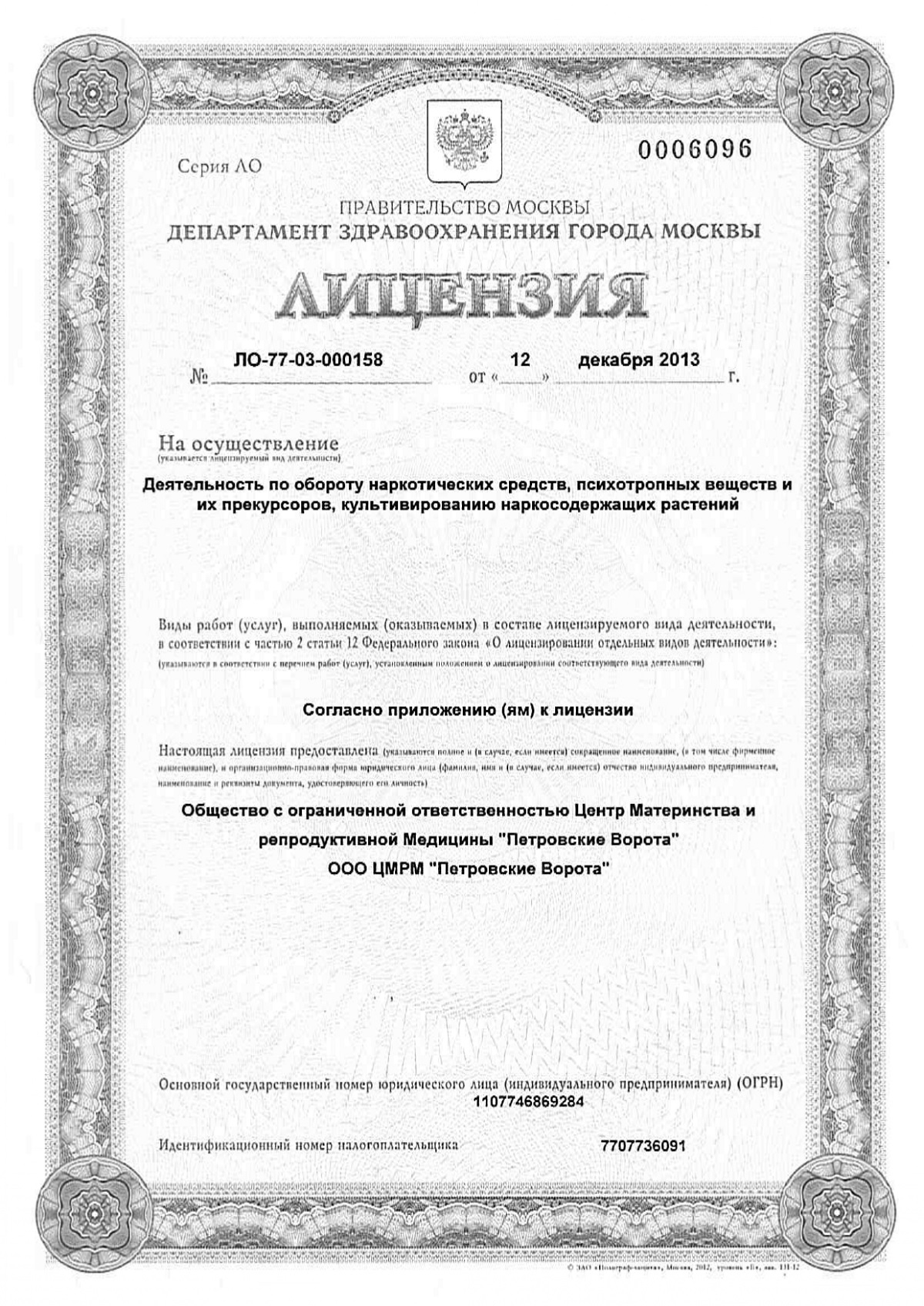
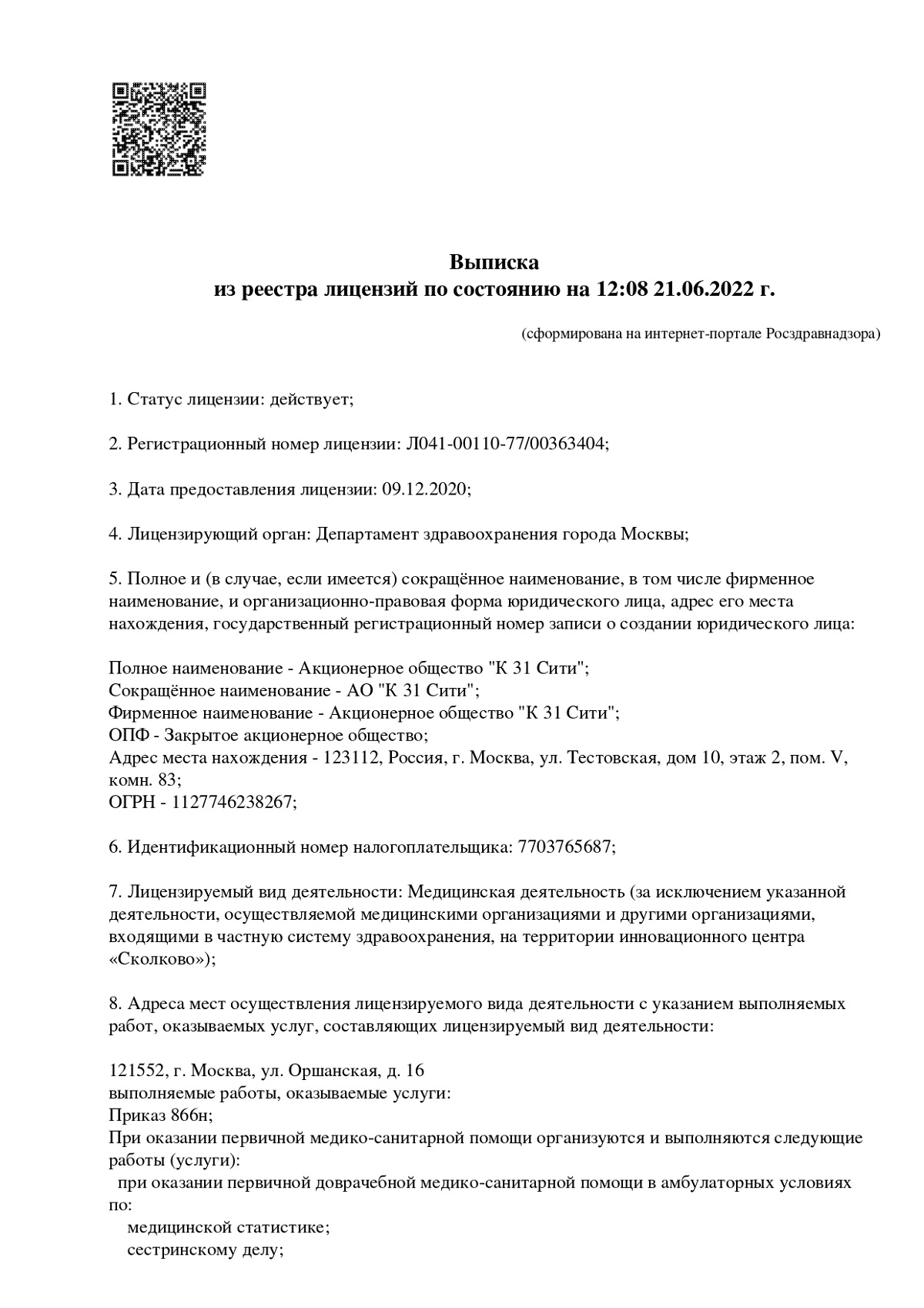
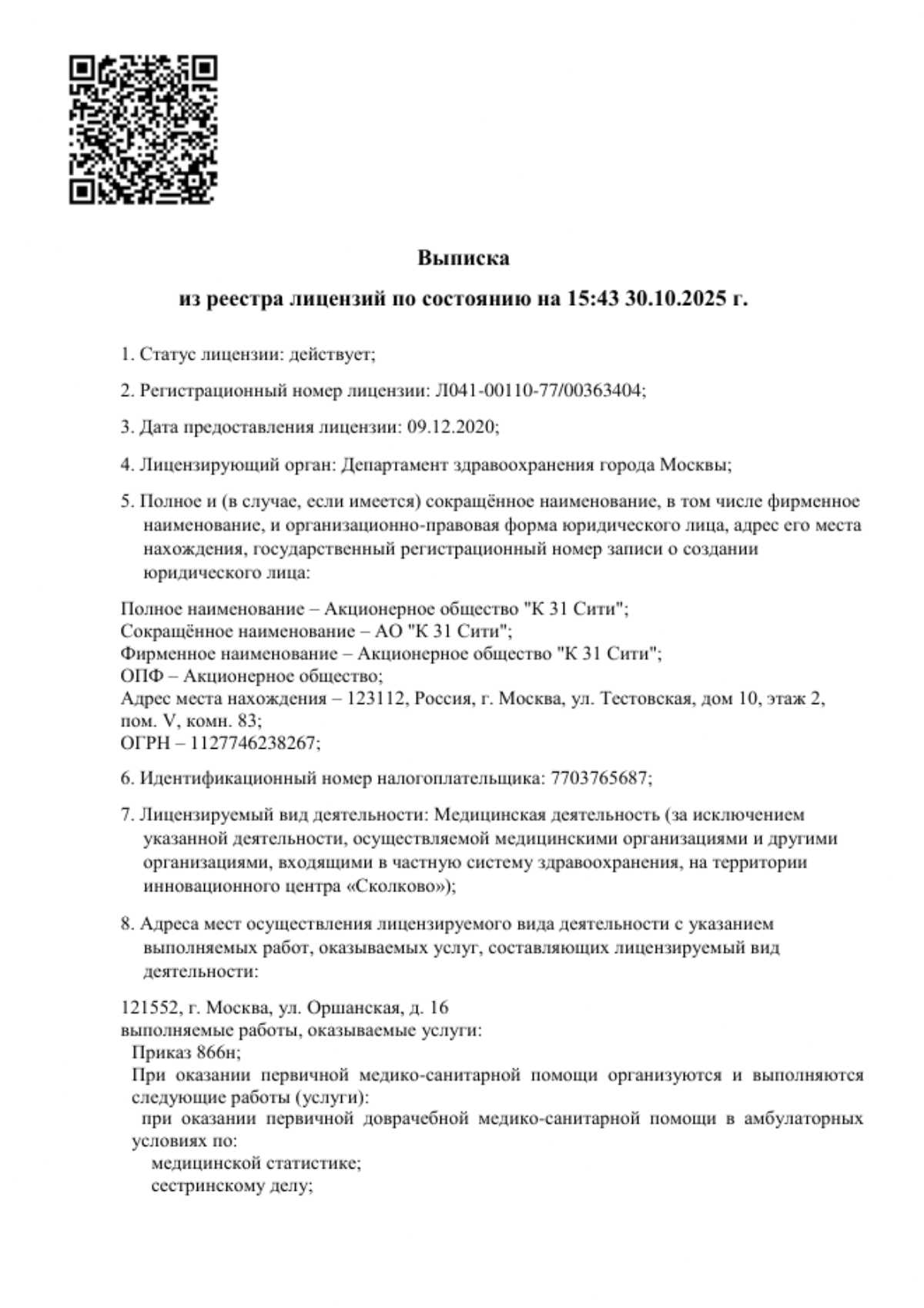
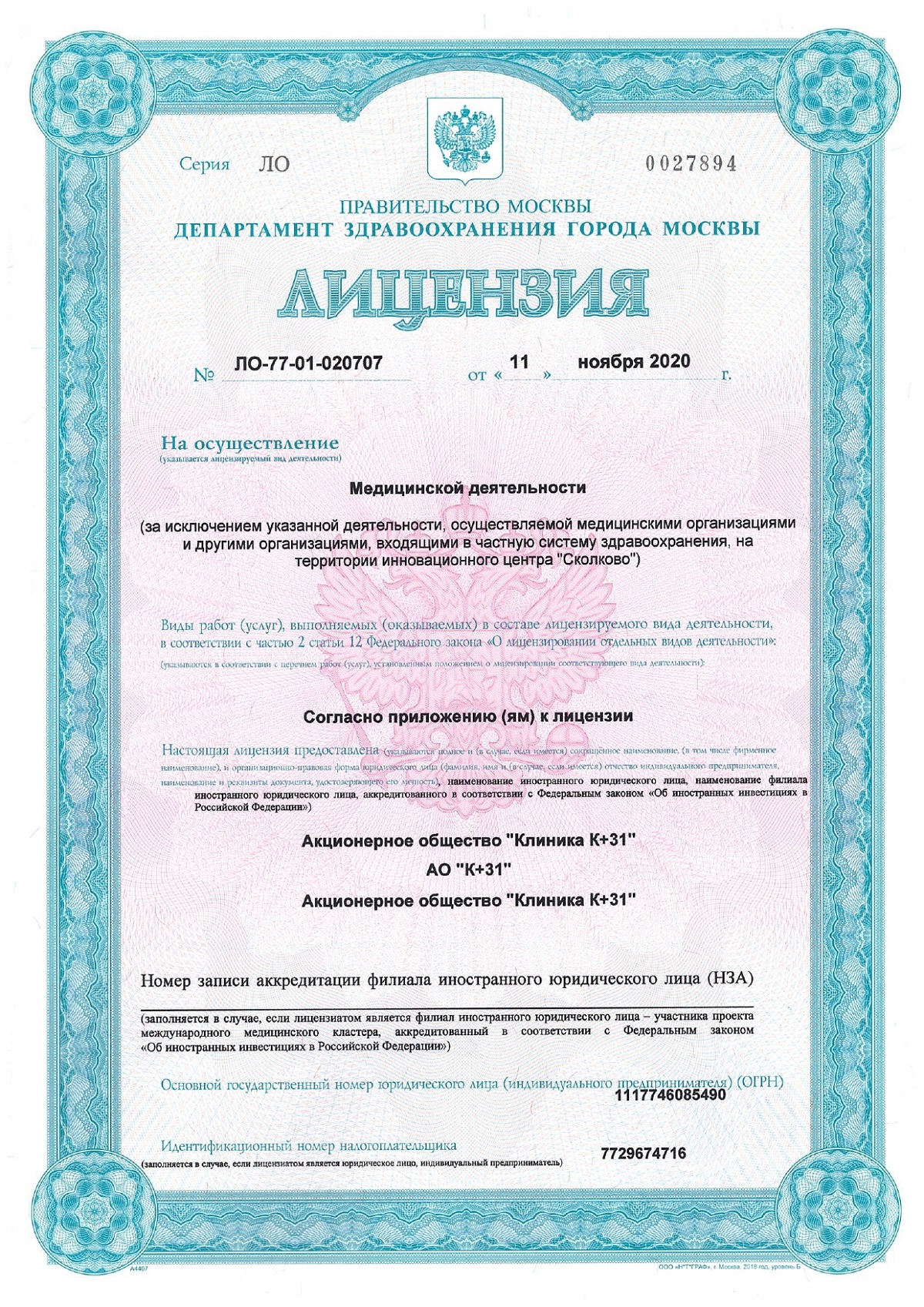
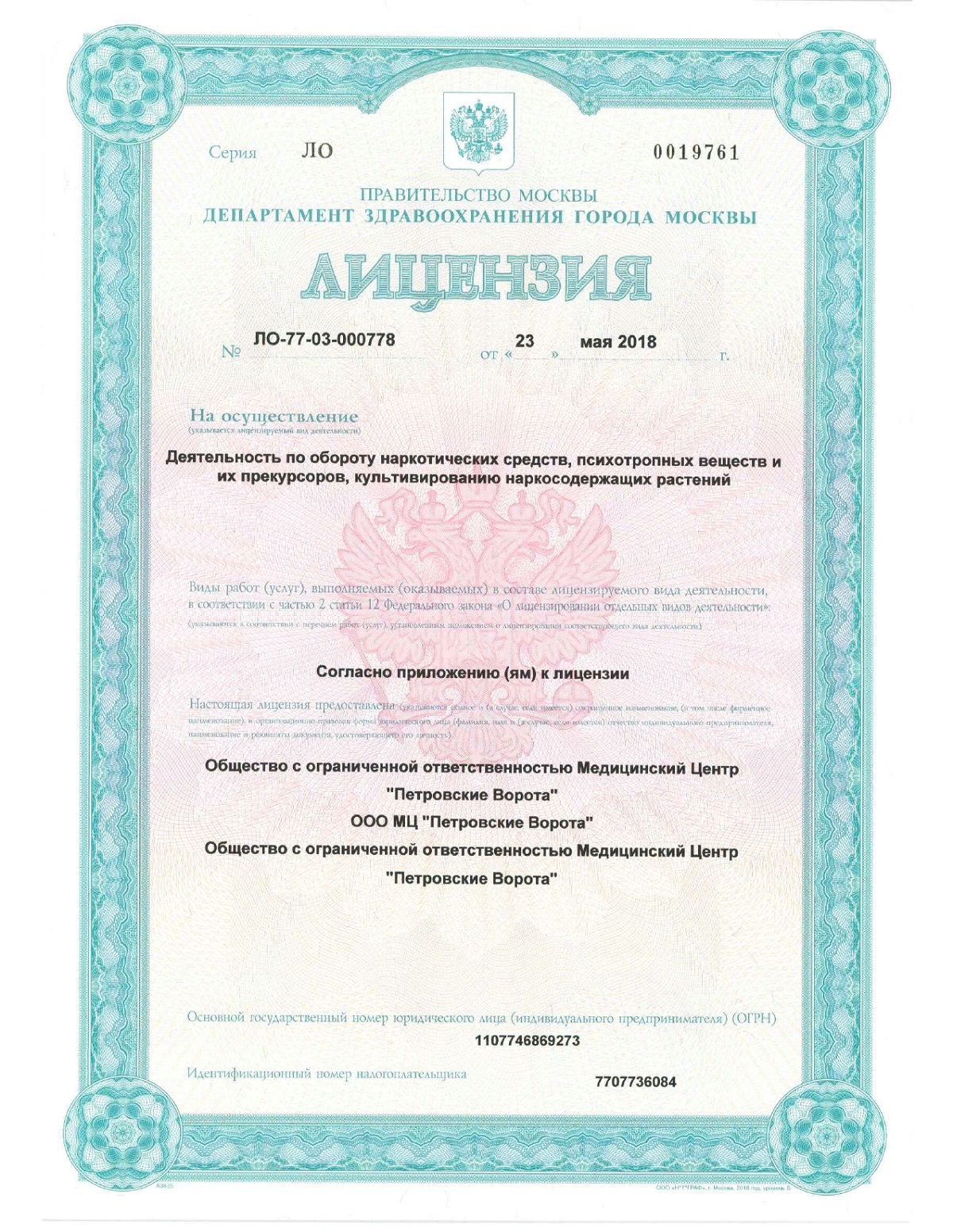
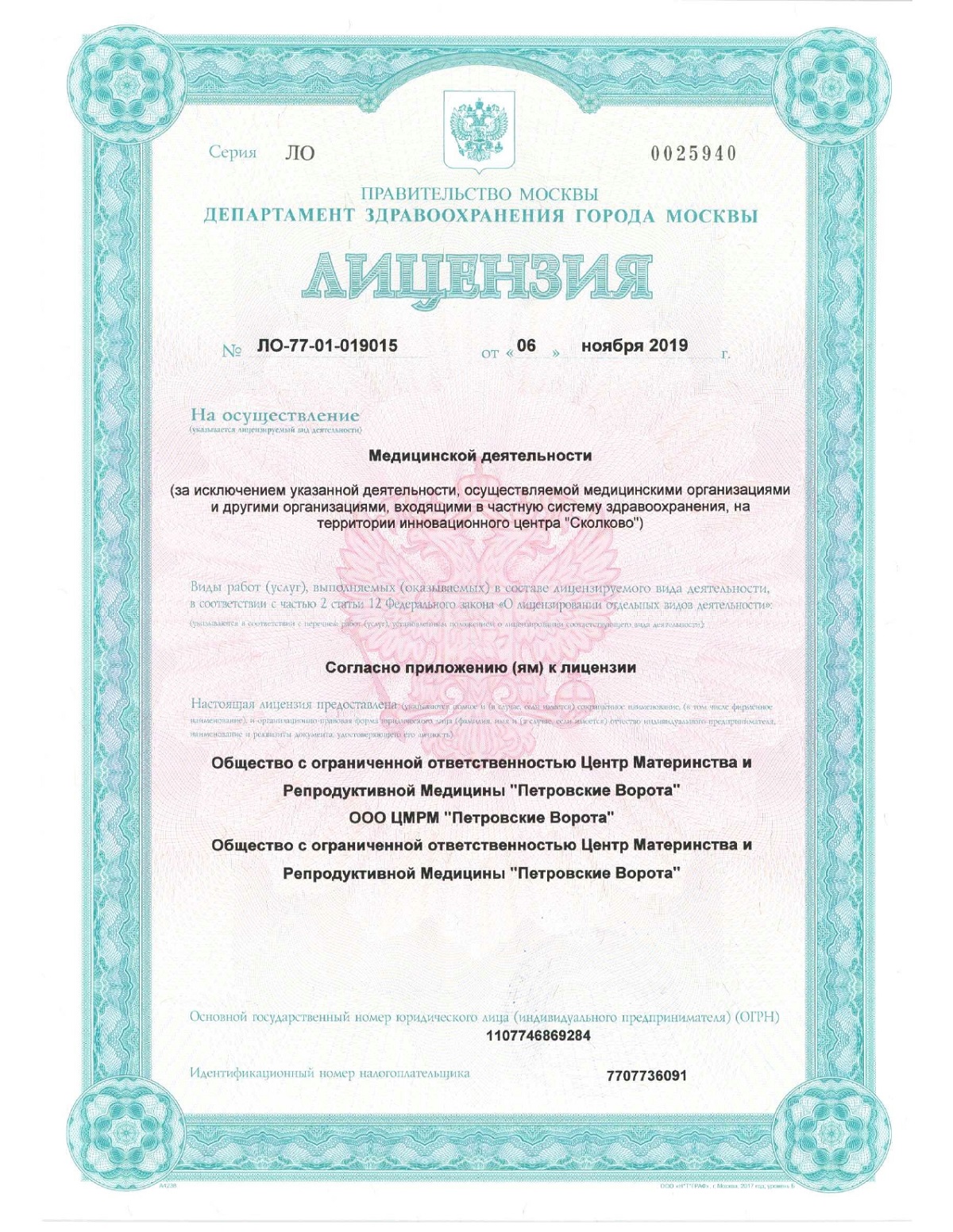
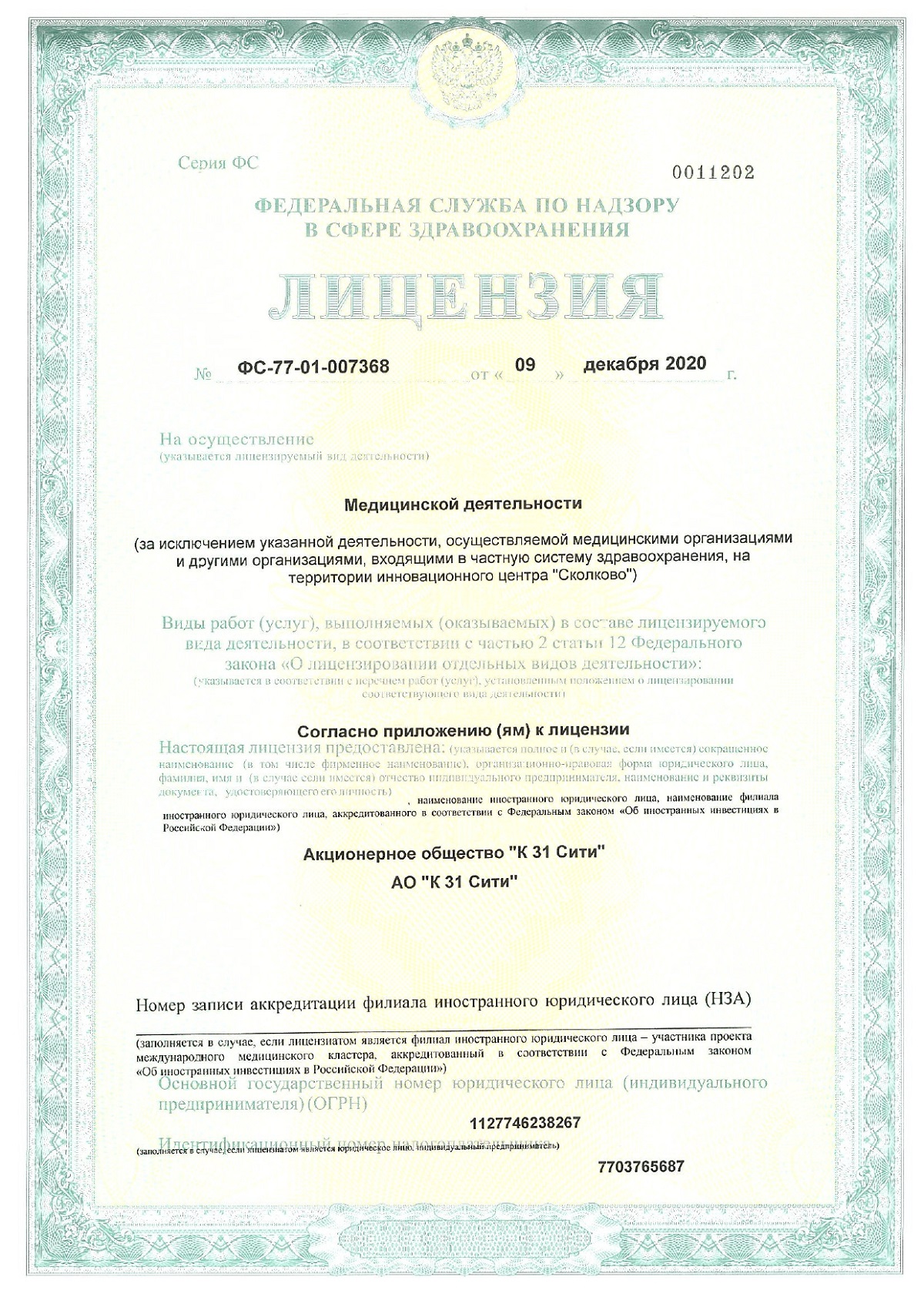



General information about sleep apnea and snoring
Obstructive sleep apnea is a common condition among adolescents, occurring in approximately one in every 100 children. It affects between 4% and 13% of children. The reason for these wide statistical variations is simple: detecting the disease is difficult, as its mild form is often unnoticed, and strict diagnostic standards do not exist.
OSA seriously impairs a child's well-being, hinders their physical and intellectual development, and increases the risk of serious illnesses. Therefore, developing new methods for early detection and effective treatment is a crucial task for pediatricians.
Snoring is a sound caused by vibrations in the pharyngeal tissues during sleep. Determining the prevalence of this condition in children is difficult because parents often do not consider snoring in their children to be a pathology and do not always seek medical attention. The incidence of apnea in the pediatric population ranges from 1% to 5% in the 2-6 age group.